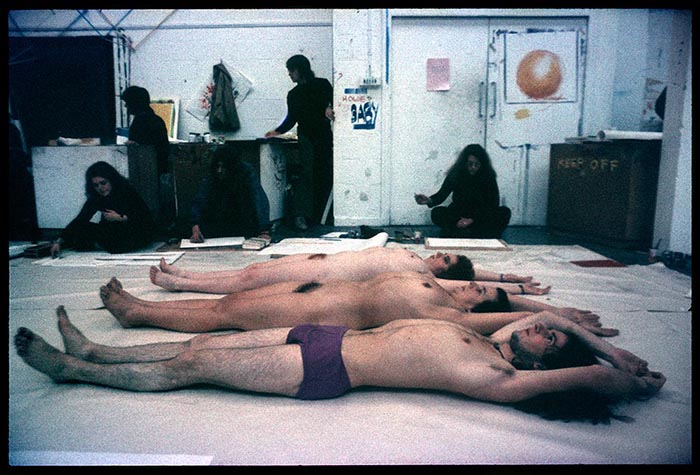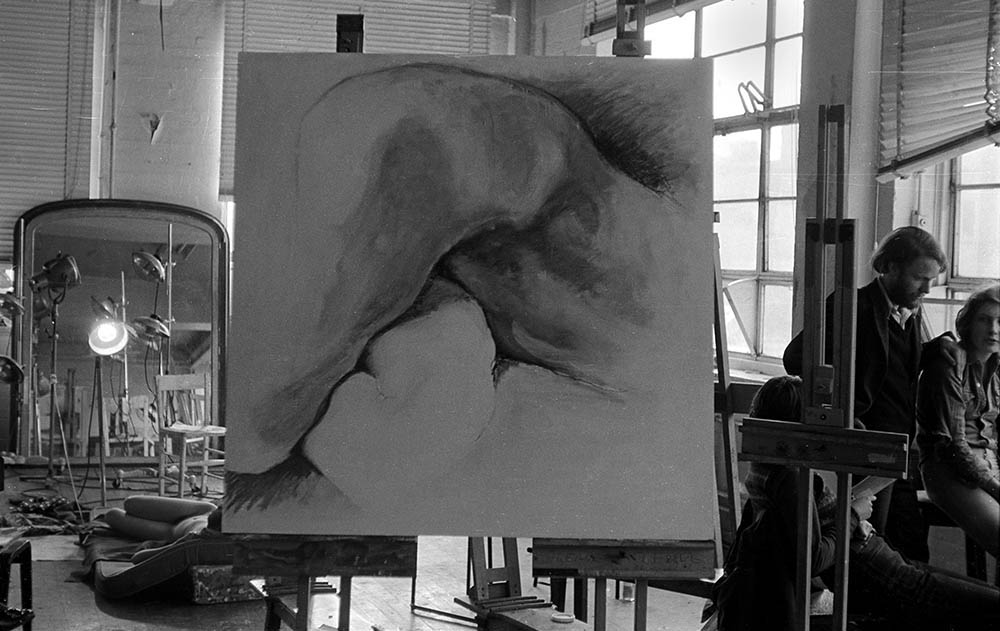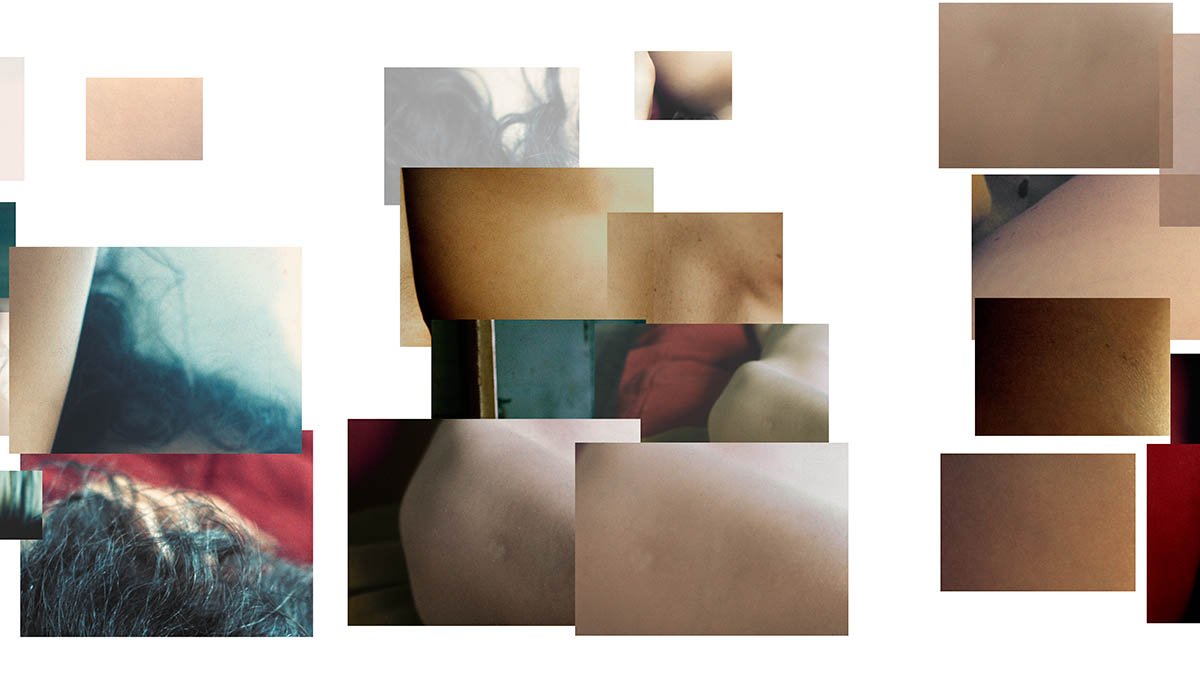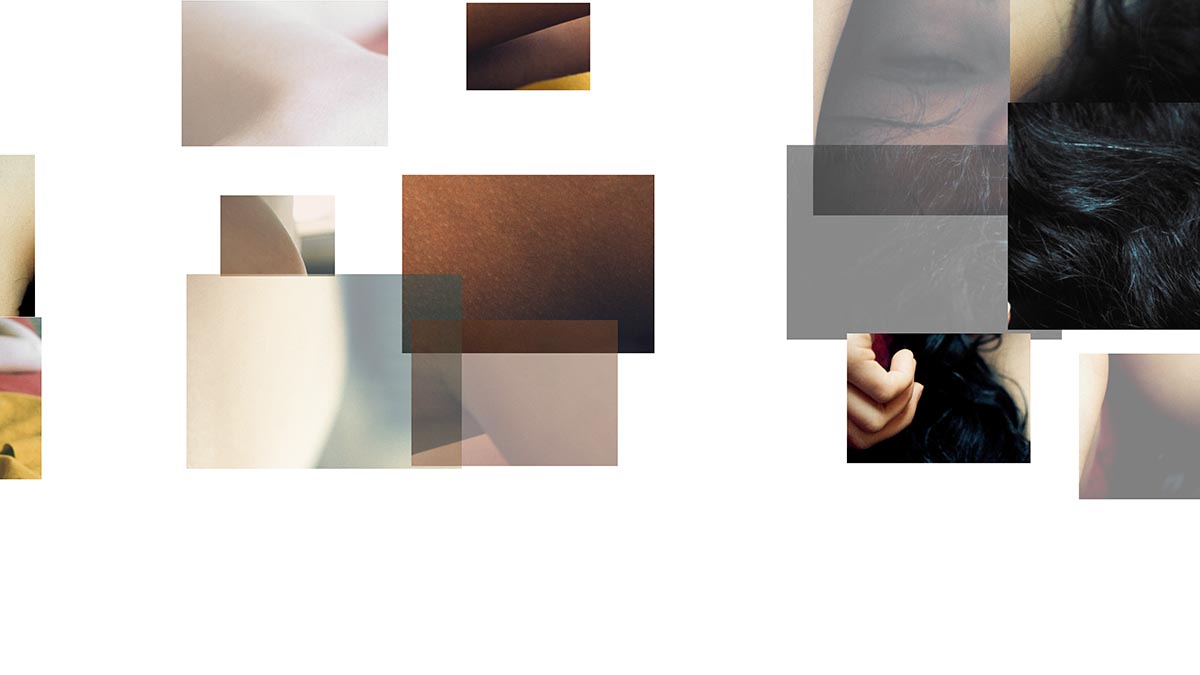
Ist year life drawing project. Winchester School of Art.
November 1973.

Ist year life drawing project. Winchester School of Art.
November 1973.
Life drawing - usually understood as making images of actual human beings, of any gender, clothed or naked - was for a long time an important part of learning to draw........ An art school Life Room was often a highly charged theatrical place where vision, its understanding and transcription, could become energised by both a psychological and a kinaesthetic empathy with the living model. You didn't really know what an apple or a teapot felt like. You might sympathise but you had never been pulled off a tree and put in a dish, or glazed and fired and filled with dry leaves and freshly boiled water. You did know, you did have experience of, what it felt like to sit like that, to feel your clothing tight or loose at that point on your body, to stretch your arm like that, to feel vunerable like the model looked now, to feel agitated and tense while trying hard not to move muscle. A bunch of flowers could only be a subject, but a life model seemed to have a reciprocal relationship with you and your studious gaze: you were both human and you both experienced, at least, the illusion of being........

The Life Room, St Martin's School of Art, London.
January 1973.
........St Martin's was the place where I began to understand that the world of art was not what, as an enthusiastic teenager, I had assumed it to be. My egalitarian school had taught me to believe that art was an adventure open to all to take part in, but at St Martin's it became apparent that there were two classes: those who have and will be able, and those who come from next to nothing and will struggle [1]. I began to understand that art, in both production and consumption, was the playground of affluence. The ideas, the meanings, the values and the pleasures of art have always been held in the antibiotic grip of power.[2]........
........
This was the early 1970s, shortly after the first Moon landings and, like most of the world, I had been captivated by those momentous events that came to us first as rough pictures on our 405-line black and white televisions. The low definition, high contrast, physicality of the television coverage, two men jerkily walking and bouncing over the surface of the Moon, kicking up dust in a hazy blur of noise and bright white after-images, were part of the wonder of the event and seemed more real than the high definition colour photographs that appeared weeks later. Also around this time there were images coming back to earth from the first spacecraft to visit other planets and I remember TV presenters enthusing over pictures, some fuzzy and distant, others close up and detailed, of the surface of Mars. So while I was trying to learn to draw and paint, to grasp the world of art by immersing myself in every book and magazine article I could find, the visual possibilities and material of the visual universe seemed to be expanding.........

The Life Class 1973 (detail).
2019.

The Life Class 1973 (detail).
2019.
The Life Class, is a collection of photographic works from images made in the spring of 1973 at St. Martin's School of Art, then located at 109 Charing Cross Road, London. For availability of the full text and more images please enquire via the CONTACT link below.
Images and texts by P.F.WHITE (Peter Frankland White). ACTIVE: 196Os to the present. LOCATION: Europe (United Kingdom). SUBJECTS: vision, perception, location, time(s), class, power, rhilopia. STYLE: exploratory, aggregative, aleatory, attentive, punctum averse.
All material (except where otherwise acknowledged) is © Peter Frankland White, , and may not be reproduced in any form without written consent. See: Notes on Rights, Ethics, Privacy and Consent. Page design by Allpicture.